Discover Toasted Sister Podcast
Toasted Sister Podcast

93 Episodes
Reverse
Leah Prisque is responsible for Indigenous and community relations at Growcer, a cool Canadian company that turns shipping containers into farms. She helps expand this idea to Indigenous communities, some of which are extremely remote and located in food deserts. In this episode, Leah talks with economist for the Navajo Nation, Dr. Alisha Murphy, about how these farms work.
Mentioned in the show:
Growcer: https://www.thegrowcer.ca/
Bidii Baby Foods: https://www.bidiibabyfoods.org/
The National Centre for Truth and Reconciliation: https://nctr.ca/
“The Knowing” by Tanya Talaga: https://www.harpercollins.com/products/the-knowing-tanya-talaga?variant=43103131074594
Native America Calling: https://www.nativeamericacalling.com/
I met Lamar Minthorn (Umatilla) of Tutuilla True during my first trip to Portland at the Northwestern Native Economic Summit. He’s an incredibly positive person and an obvious hard worker. In this episode you’ll learn about how one tribal fisherman found his way into the Columbia River to carve out a salmon fish business for himself.
In this episode, I talk with Ojibwe chef Bryce Stevenson who is also the owner of Miijim in La Pointe, Wisconsin, an island in Lake Superior. He’s also a pretty talented poet whose work is included in the zine “Heart Rations: Indigenous Food Poetry.” Bryce is a creative guy who also takes up carpentry work during the off season, a necessity for folks who work on an island like La Pointe.
Nininjiin
A poem by Bryce Stevenson
as a bowl, hysterically
holding juice squeezed
fresh from flesh, burnt
festered, boiled
weathered, leathered
skin until muscles
cooked within. Bones
split, flavors grown no
modifier nor amplifier
in need. Too hot
my hands to carry
blistering dish, gravity
given gift - re-room
the hecatomb - a day
minus the hours
sleep & work spent
in the only room
in the house where
existence is ensured
through the destruction
of life - the results of
which, wasted.
The “Heart Rations: Indigenous Food Poetry” zine is out (has been out)! It’s a collection of poems about… you guessed it… Indigenous food. In this episode, I talk with a couple of folks whose work appears in the zine; Cliff Taylor (Ponca Tribe of Nebraska) poet, author and creator of “The Ponca Poet’s Podcast,” Rebecca Kinkade-Black (Diné), Albuquerque book seller, and Vicente Telles, an artist from the South Valley of Albuquerque.
Other authors in the zine:
Teresa Peterson (Sisseton Wahpeton Dakota/citizen of the Upper Sioux Community)
Bryce Stevenson (Red Cliff Band of Lake Superior Chippewa)
Esper Rodriquez-Gaspardi (Chichimeca Mexican)
Gabe Tegoseak (Iñupiaq)
Geremy Clarion (Suqpiat American from the Native Village of Ouzinkie)
Tina Deschenie (Diné and Tewa Hopi)
MKirby-Nectar Nomad (Tortuga Pueblo and Mestiza)
Alice Qannik Glenn (Iñupiaq)
Venaya Yazzie (Diné)
Nobian Henan (Shoshone, Cherokee and Diné)
Other artists in the zine:
Jonathan Thunder (Red Lake Nation)
Coen LaFever (Navajo, Santa Clara Pueblo and Northern Cheyenne)
I'm pretty glad I found out about Nikki Tsabetsaye (Zuni) and her knife sharpening skills via a post/ad that was shared across my way. She's a pretty awesome person and her family owns Major Market grocery store in Zuni, New Mexico. In this episode (recorded while she sharpens my knives), we talk about sharp knives, knife stories and injuries.
Also, we hear a preview of a special episode by the Unpacked podcast by AFAR that's about Native tourism. Here's the link to that episode: https://link.chtbl.com/mlOXPdeX
In this episode I talk with Natalie Benally (Diné) about her film, “Indigenize the Plate” at a screening hosted by Tiny Grocer ABQ in Old Town Albuquerque. We talk about her journey to Peru for the film and how that inspired her to remember and revitalize traditional family ways of growing and eating. She’s the founder of Tse’Nato’, a digital storytelling company.
Cherokee chef Nico Albert Williams is just trying to make some corn soup. She’s the executive director of the Burning Cedar Sovereign Wellness in Tulsa (grand opening Sept. 14) and the vocalist for a badass doom/sludge metal band, Medicine Horse (debut album drop Sept. 8). In this music-filled episode, Nico and I talk about storytelling in music, religious horror and how she pivoted from the restaurant chef life to community leader.
From the big city of Chicago, I bring you this episode featuring 2023 James Beard Award Best Chef of the Northeast, Sherry Pocknett (Wampanoag). We talk about her win, her battle with cancer and how her past shaped the chef she is today. Photo by Huge Galdones courtesy of the James Beard Foundation.
Things get a little switched up in this episode. This time, my sister, Alisha Murphy, economist for the Navajo Nation Division of Economic Development, takes over an interview with Victoria Largo, new owner of Victoria’s Pizza brick-and-mortar restaurant in Crownpoint, New Mexico, our Navajo Nation hometown. She talks about the real struggles and triumphs of operating a food business on the Navajo Nation. It’s inspiring to hear from this enthusiastic and strong entrepreneurial spirit!
In this episode, I talk with Becky Webster (Oneida Nation), or Rebecca M. Webster, as it’s written on her new book “In Defense of Sovereignty: Protecting the Oneida Nation’s Inherent Right to Self-Determination.” She does a lot of passion work and is a founder of Ukwakhwa: Our Foods, a farm and community learning, cooking, trading and growing space in Oneida, Wisconsin. We start with Oneida history, because, “hey, Oneidas aren’t from Wisconsin…” and move through the origins of the farm, the tribe’s food system and the process of winging it.
She’s beauty, she’s grace, she’s got a couple of hours to butcher a sheep and make three dishes over an open fire. The Miss Navajo Nation Pageant is one of the most unique contests that happens every year as part of the Navajo Nation Fair in Window Rock, Arizona. In this episode, I talk with the former Miss Navajo, Niagara Rockbridge, and the new, current Miss Navajo, Valentina Clitso, about the importance of sheep butchering and Navajo foods. I also chat a little with the Navajo Nation president, Jonathan Nez, and the sheep butchering judges.
How can I say this without sounding egotistical? … This episode is about me; the creator, producer and host of this show. Yes! It is. In this episode, my sister, Alisha Murphy, interviews me and I get to share more about my mental health journey, important things I learned while producing this podcast and why vibes are important to me.
Live at the 4th Annual New Mexico Prickly Pear Festival, Sept. 24, 2022
In my first-ever live podcast recording, I talk with chef Ray Naranjo (Santa Clara Pueblo/Odawa), owner of Manko: Native American Fusion, Addie Lucero (Taos Pueblo), owner of Dancing Butterfly Naturals, and Andrea Garza (Tap Pilam Coahuiltecan) about the "Changing Culinary Narrative of Native America."
In this episode, I take you to the National Center for American Indian Enterprise Development’s Reservation Economic Summit in Las Vegas, Nevada. It’s the largest annual conference focusing on Native economics. This year’s event included, for the first time, a panel series called “Food Sovereignty is Economic Sovereignty.” I went to every one of them and heard from economists, entrepreneurs and some of the heavy hitters in Native food. In this show, you’ll hear from Alisha Murphy, Navajo economist, Lance Morgan, lawyer and economist who is the president and CEO of Ho-Chunk Inc., Aaron LaPointe, agribusiness manager for Ho-Chunk Farms, Heather Dawn Thompson, director of the office of tribal relations for the U.S. Department of Agriculture, and Tomie Peterson, regenerative economies specialist with the Intertribal Agriculture Council.
Mentioned in the show:
2022 4th annual New Mexico Prickly Pear Festival: https://navajoeconomy.org/
In this episode, I talk with Brett Maybee (Seneca) about corn, corn soup, corn wheels, radio stuff, music and then space-time. Brett is the host and producer of Gaënö', a weekly radio program about Native music. His work is fascinating and the passion he has for uplifting Native talent and intelligence on air is inspiring.
Also mentioned in this show: Gaënö' (gaenomusic.fm), Native Voice One (NV1.org), NativeAmericaCalling.com
Millions of TV viewers watched chef Pyet DeSpain (Prairie Band Potawatomi, Mexican) beat out the competition on Gordon Ramsay’s new cooking show, “Next Level Chef” (March 2022). With her special brand of Indigenous fusion food, she was crowned the winner of season 1 and claimed a quarter-million dollar cash prize. She made waves in the media and took Indigenous food to a new level. In this episode, I talk with chef Pyet, a self-professed Toasted Sister fan, about the competition, her culinary journey and the types of men she will not date.
In this episode, I talk with Jacob Torres, a very proud New Mexican who, I think, has a very interesting life. He’s a technical and horticultural scientist at NASA and based at the NASA Kennedy Space Center and he's working on getting New Mexico green chiles on the next Mission to Mars. We talk about his work in agriculture and how hard work and taking advantage of opportunities got him where he is today, labs deep in green chile.
In this episode, I finally talk with Loretta Barrett Oden, Potawatomi chef whose kind of responsible for helping pave the way for a lot of the Native food work you see today. She was a restaurant owner, a long-time teacher of Indigenous foods and now she’s a culinary architect of the brand new First Americans Museum in Oklahoma City, where I met her this month.
I’ve been really digging Native poetry lately and I thought I’d gather a few poems about food. In this short episode, Native writers recite food poems about foreign foods, frybread, seeds and ancestral wisdom. Voices are Tiffany Midge, Taté Walker, Donell Barlow and Rubi Orozco-Santos.
This is the death and food episode where I talk with Indigenous death doula, Chrystal Waban, about her work with Blackbird Medicines and the Indigenous Death Doula Collective and how food is connected to this very important journey for those who are dying, for those who are dead and for those they leave behind. Also in this episode are stories about death and food by: Dale Jones (Tulalip), Tipiziwin Tolman (Dakota and Lakota) and Melissa Baehr (Anishinaabe Ojibwe).


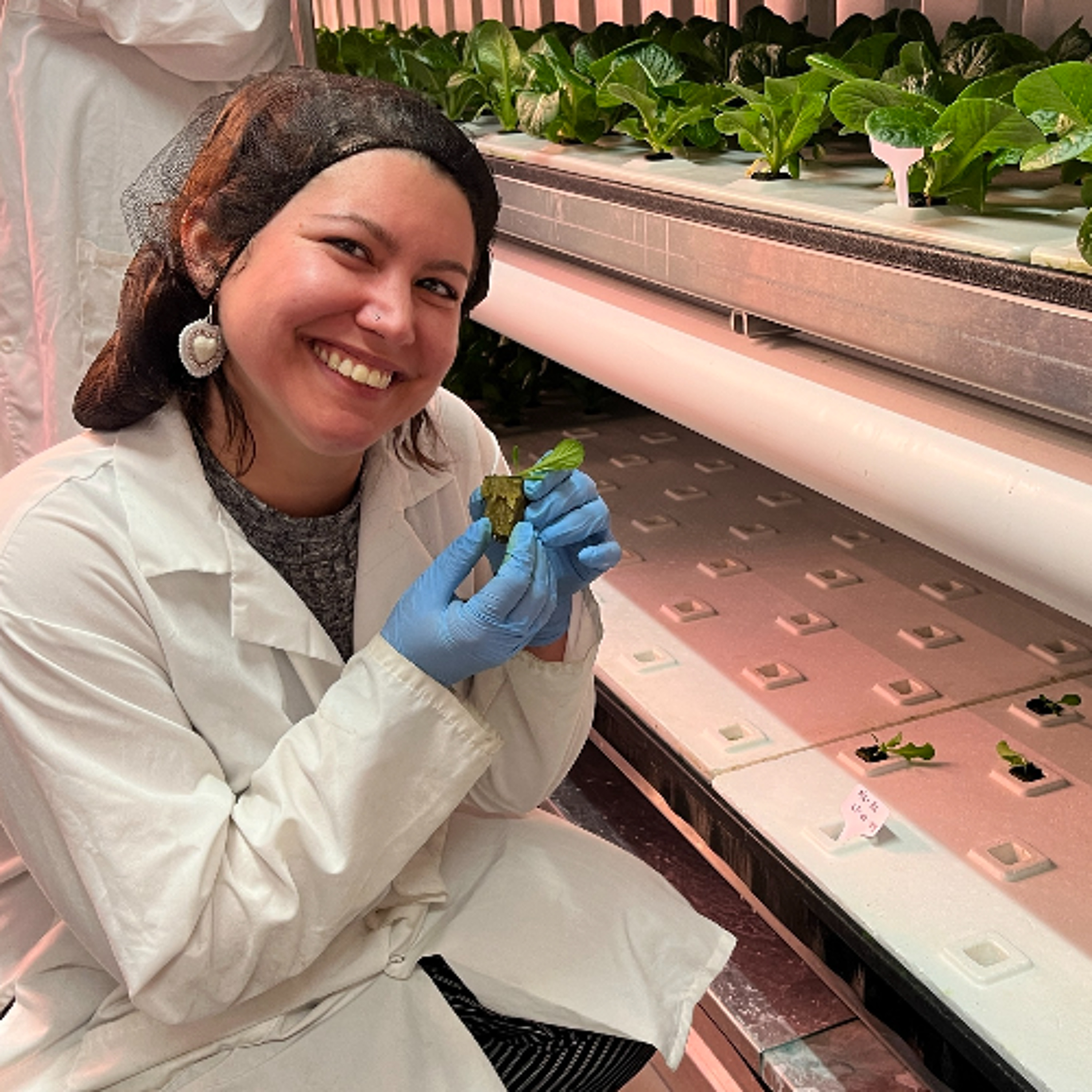
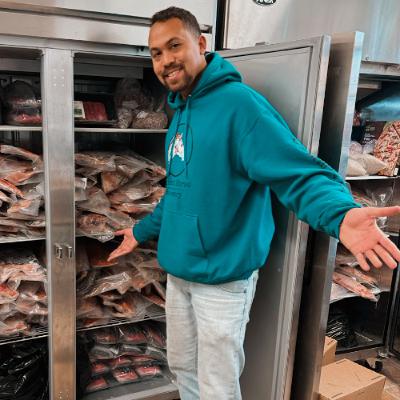
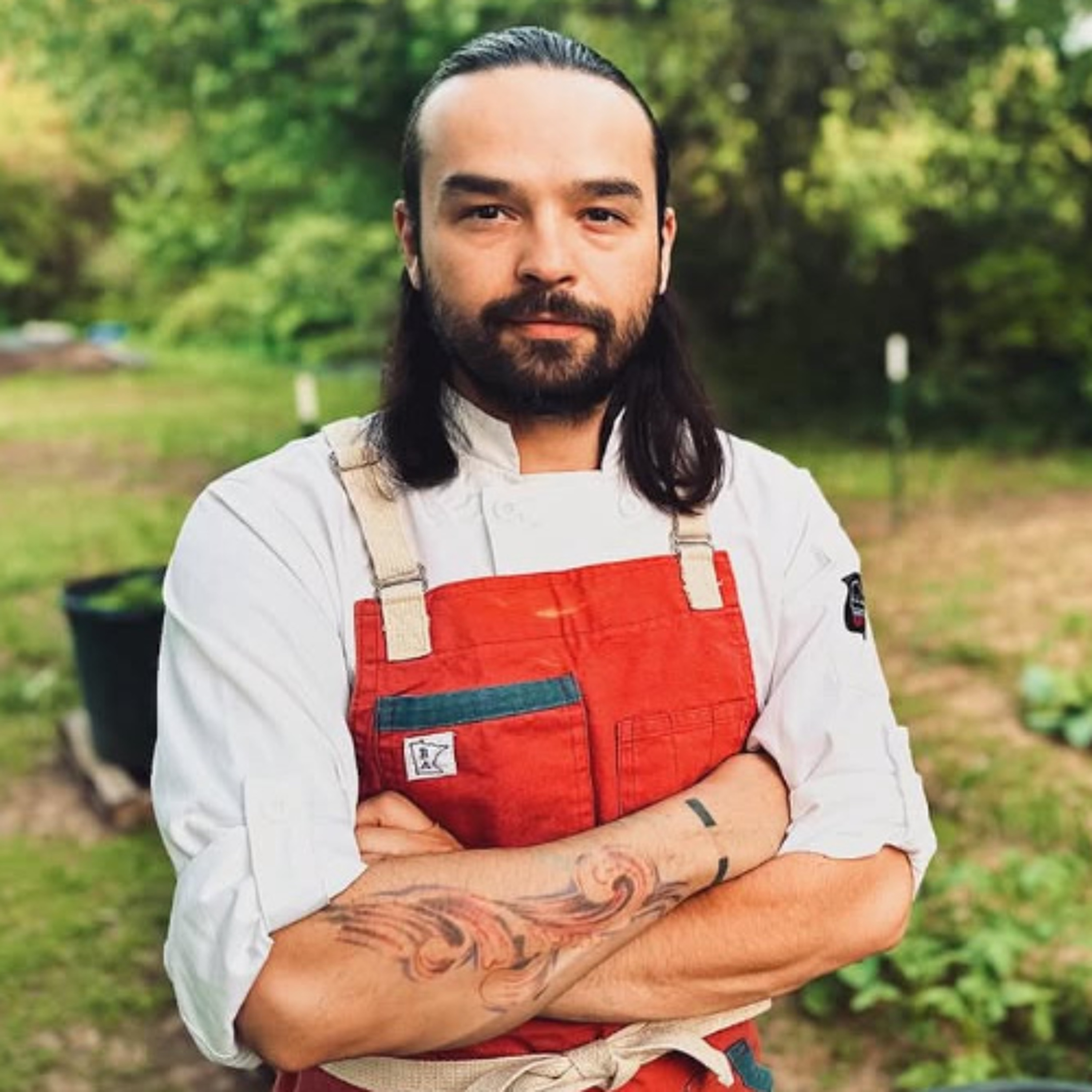

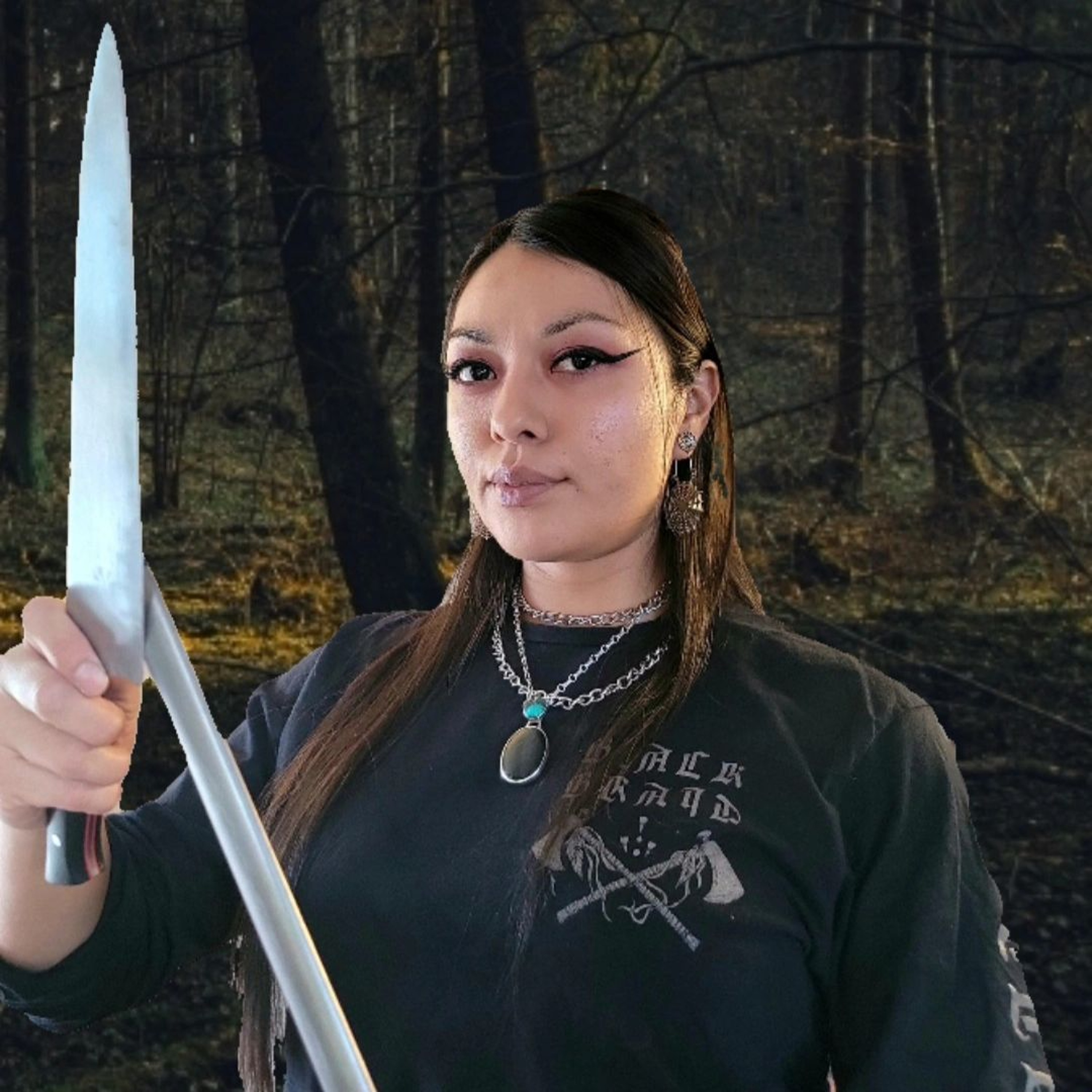


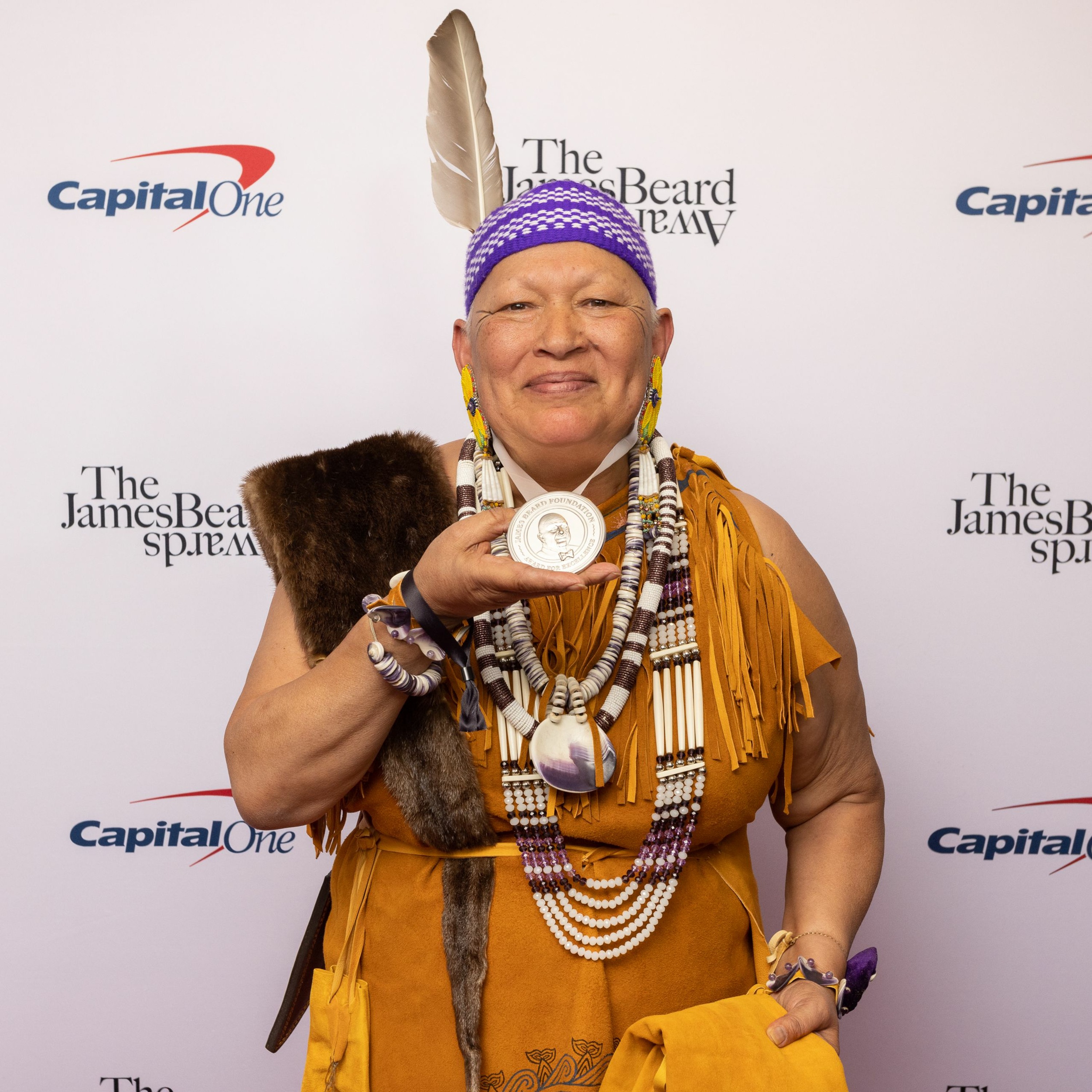


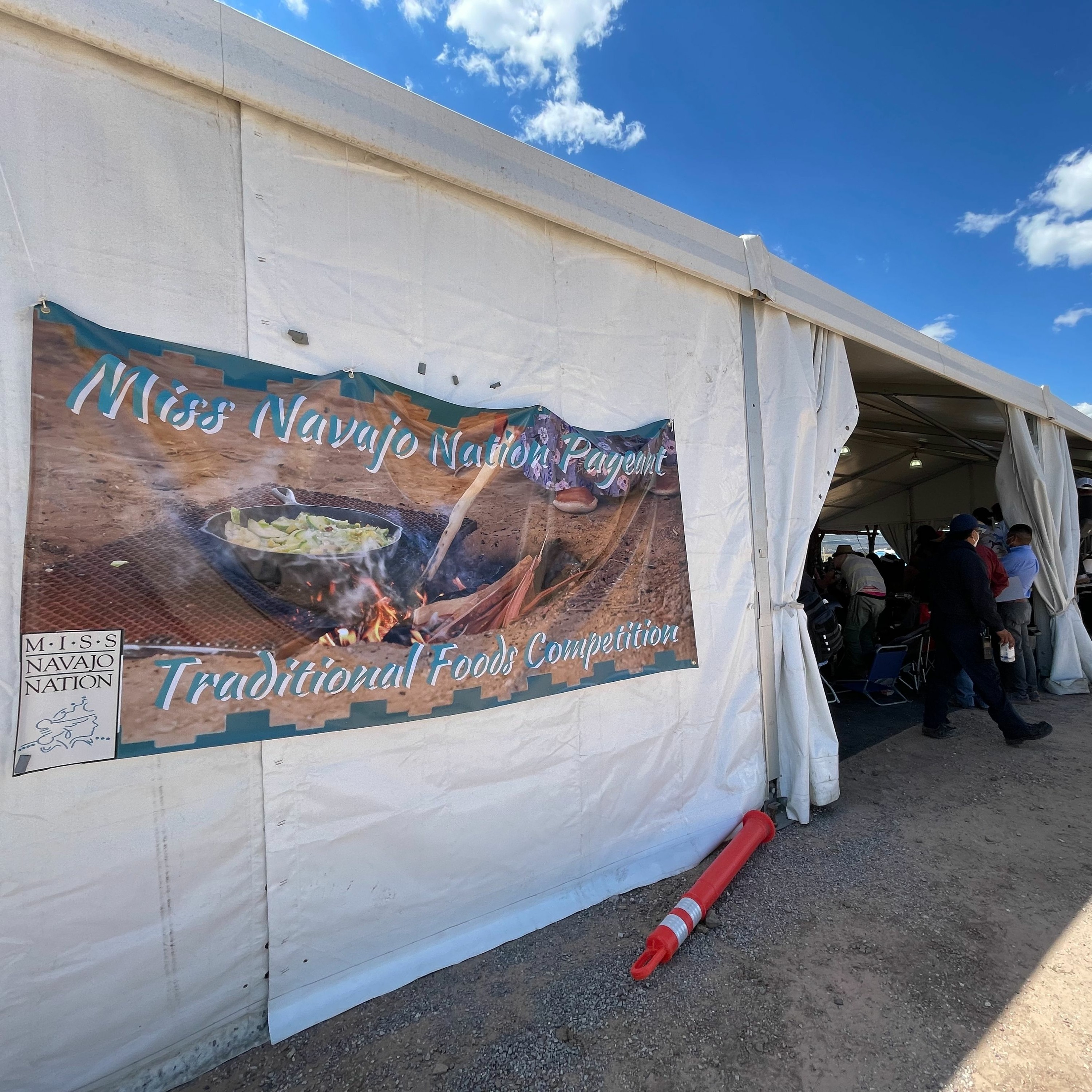


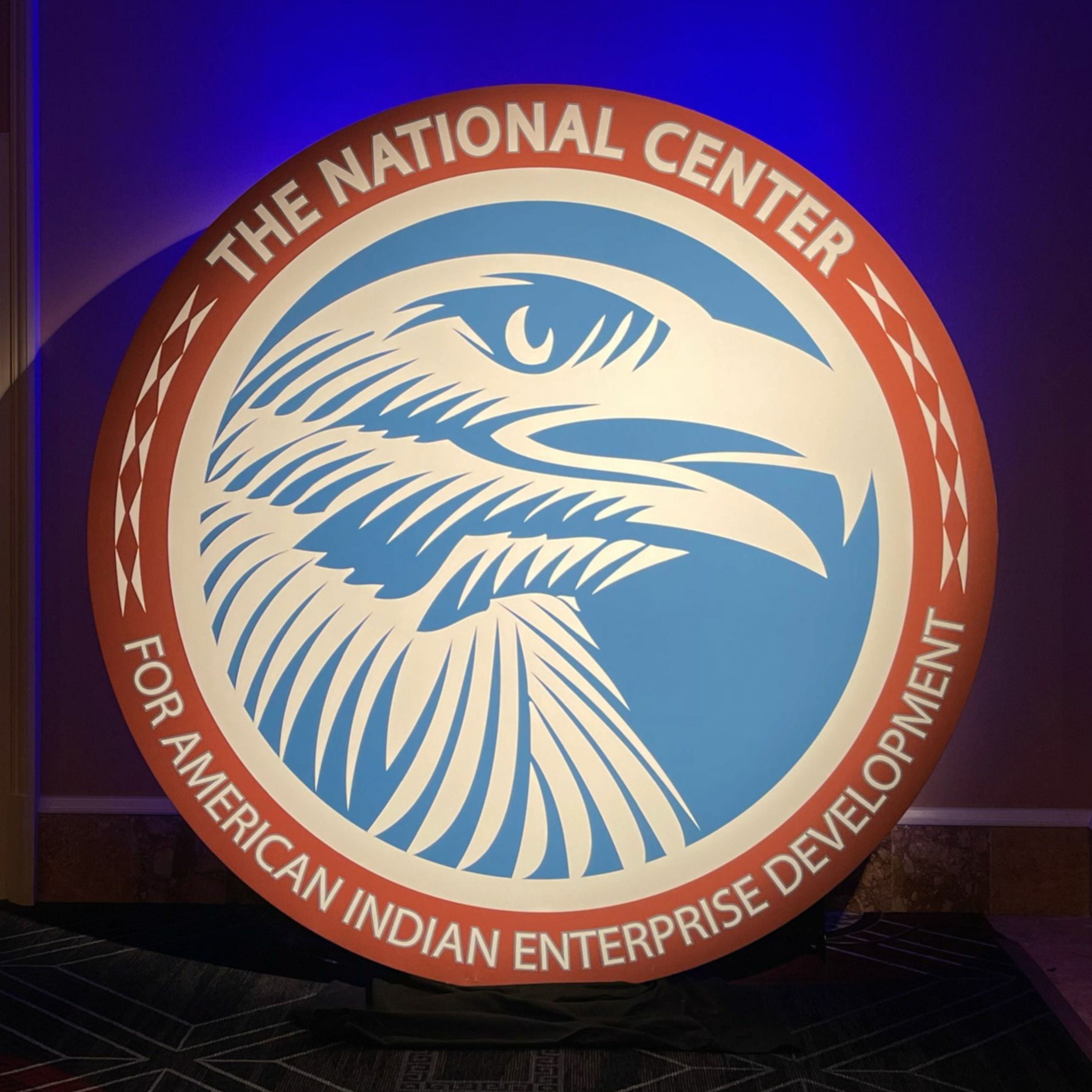

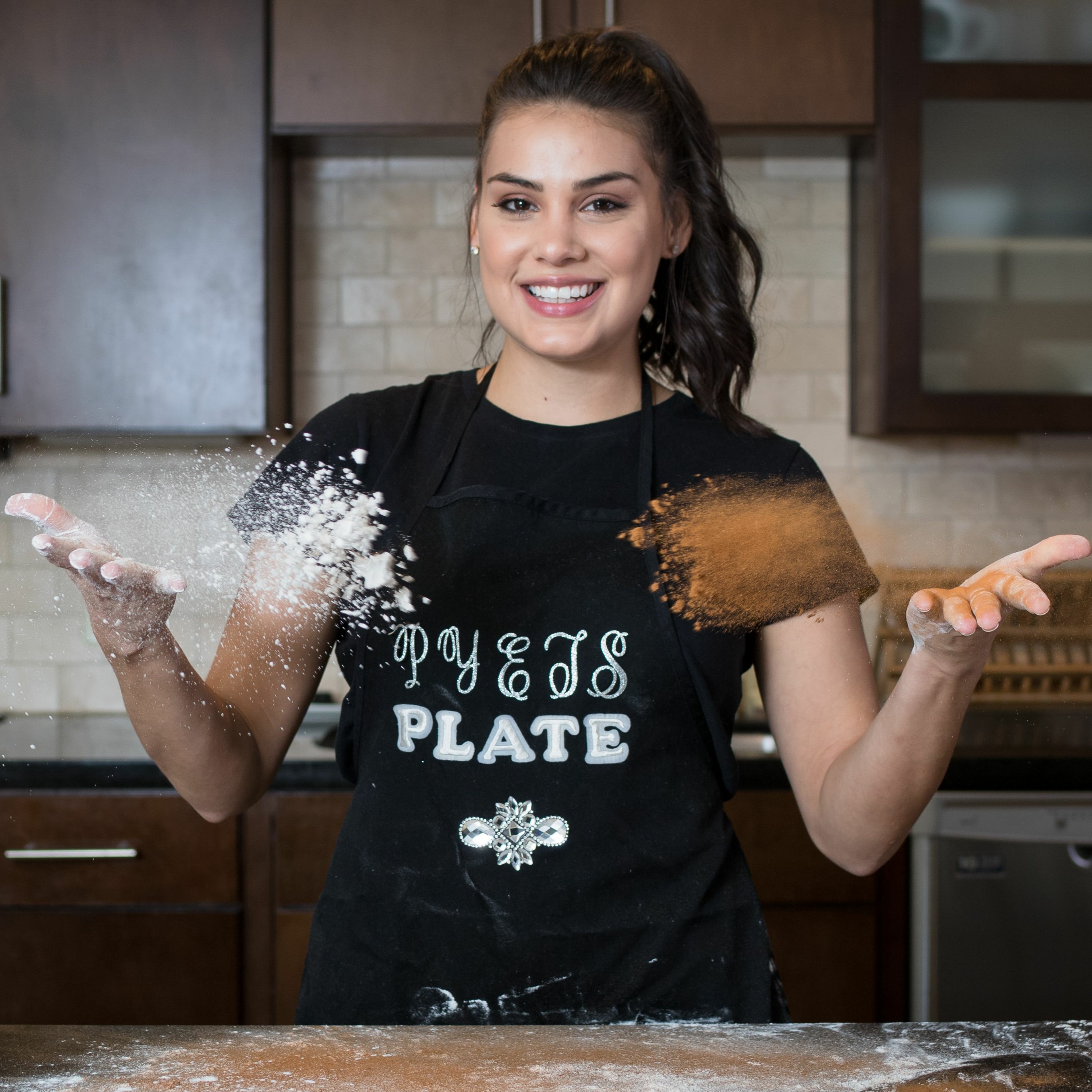







I love this. thank you.